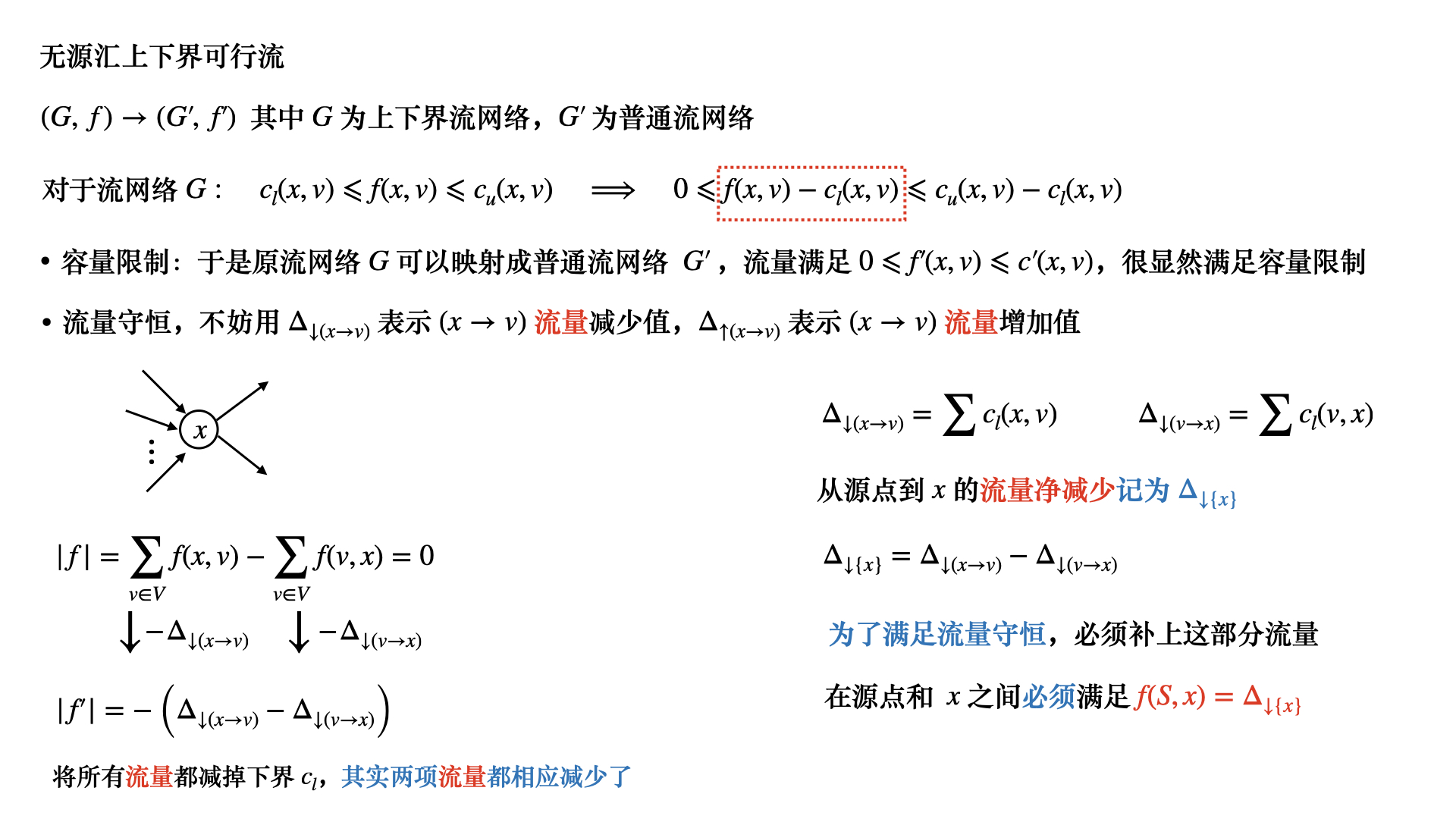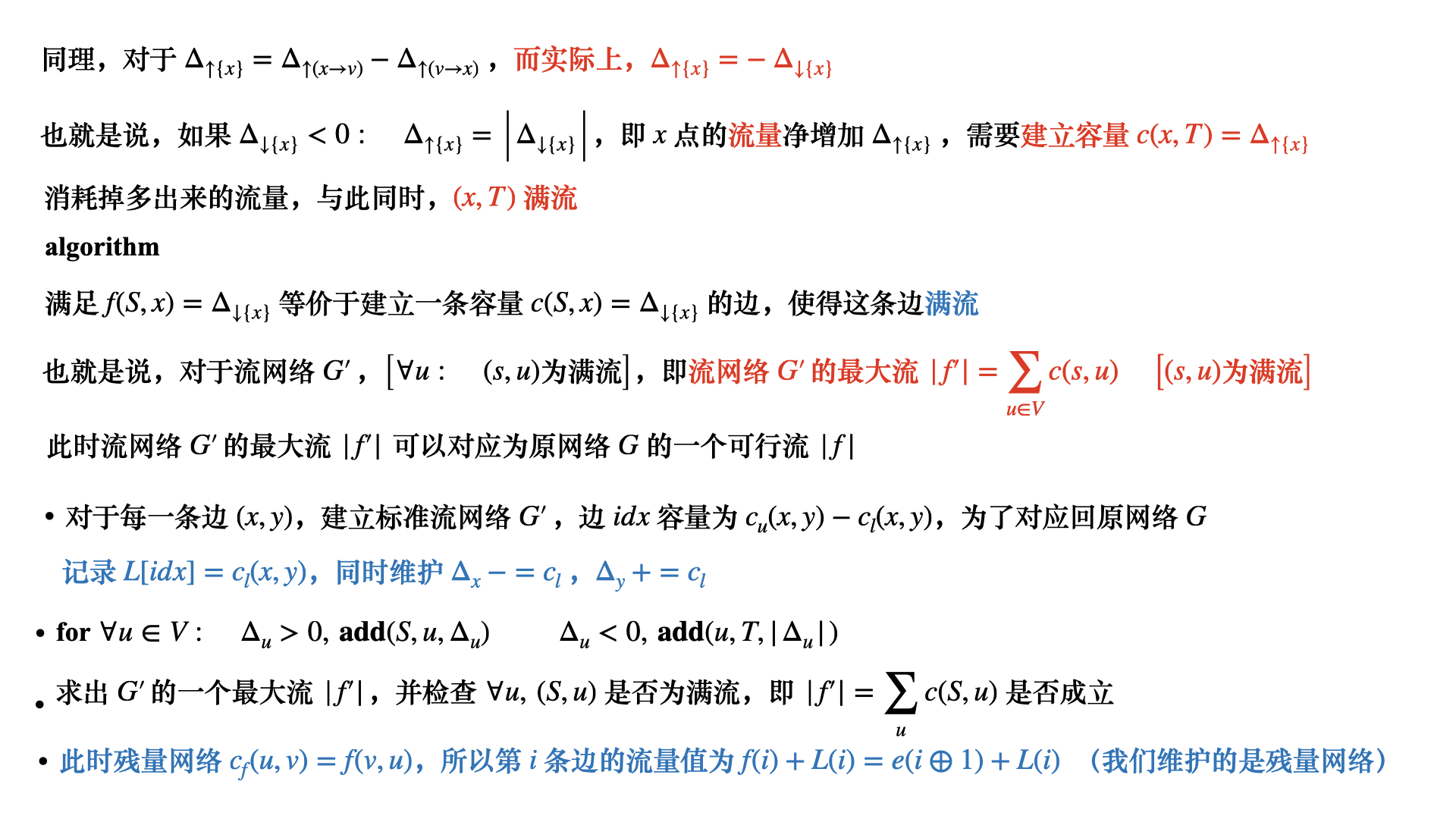

#include <iostream>
#include <cstdio>
#include <cstring>
#include <cstdlib>
#include <algorithm>
#include <queue>
#include <vector>
#include <stack>
#include <map>
#include <set>
#include <sstream>
#include <iomanip>
#include <cmath>
#include <bitset>
#include <assert.h>
#include <unordered_map>
using namespace std;
typedef long long ll;
#define Cmp(a, b) memcmp(a, b, sizeof(b))
#define Cpy(a, b) memcpy(a, b, sizeof(b))
#define Set(a, v) memset(a, v, sizeof(a))
#define debug(x) cout << #x << ": " << x << endl
#define _forS(i, l, r) for(set<int>::iterator i = (l); i != (r); i++)
#define _rep(i, l, r) for(int i = (l); i <= (r); i++)
#define _for(i, l, r) for(int i = (l); i < (r); i++)
#define _forDown(i, l, r) for(int i = (l); i >= r; i--)
#define debug_(ch, i) printf(#ch"[%d]: %d\n", i, ch[i])
#define debug_m(mp, p) printf(#mp"[%d]: %d\n", p->first, p->second)
#define debugS(str) cout << "dbg: " << str << endl;
#define debugArr(arr, x, y) _for(i, 0, x) { _for(j, 0, y) printf("%c", arr[i][j]); printf("\n"); }
#define _forPlus(i, l, d, r) for(int i = (l); i + d < (r); i++)
#define lowbit(i) (i & (-i))
#define MPR(a, b) make_pair(a, b)
pair<int, int> crack(int n) {
int st = sqrt(n);
int fac = n / st;
while (n % st) {
st += 1;
fac = n / st;
}
return make_pair(st, fac);
}
inline ll qpow(ll a, int n) {
ll ans = 1;
for(; n; n >>= 1) {
if(n & 1) ans *= 1ll * a;
a *= a;
}
return ans;
}
template <class T>
inline bool chmax(T& a, T b) {
if(a < b) {
a = b;
return true;
}
return false;
}
ll gcd(ll a, ll b) {
return b == 0 ? a : gcd(b, a % b);
}
ll ksc(ll a, ll b, ll mod) {
ll ans = 0;
for(; b; b >>= 1) {
if (b & 1) ans = (ans + a) % mod;
a = (a * 2) % mod;
}
return ans;
}
ll ksm(ll a, ll b, ll mod) {
ll ans = 1 % mod;
a %= mod;
for(; b; b >>= 1) {
if (b & 1) ans = ksc(ans, a, mod);
a = ksc(a, a, mod);
}
return ans;
}
template <class T>
inline bool chmin(T& a, T b) {
if(a > b) {
a = b;
return true;
}
return false;
}
template<class T>
bool lexSmaller(vector<T> a, vector<T> b) {
int n = a.size(), m = b.size();
int i;
for(i = 0; i < n && i < m; i++) {
if (a[i] < b[i]) return true;
else if (b[i] < a[i]) return false;
}
return (i == n && i < m);
}
// ============================================================== //
const int maxn = 200 + 10, maxm = (10210 + maxn) * 2;
const int inf = 0x3f3f3f3f;
int head[maxn], ver[maxm], e[maxm], ne[maxm], L[maxm], idx = 1, tot = 0;
int n, m, S, T, delta[maxn];
void add(int a, int b, int c, int d) {
ver[++idx] = b; e[idx] = d-c; L[idx] = c; ne[idx] = head[a]; head[a] = idx;
ver[++idx] = a; e[idx] = 0; ne[idx] = head[b]; head[b] = idx;
}
int d[maxn], cur[maxn];
bool bfs() {
memset(d, -1, sizeof d);
queue<int> q;
d[S] = 0, cur[S] = head[S];
q.push(S);
while (q.size()) {
int x = q.front(); q.pop();
for (int i = head[x]; i; i = ne[i]) {
int y = ver[i];
if (d[y] == -1 && e[i]) {
d[y] = d[x] + 1;
cur[y] = head[y];
if (y == T) return true;
q.push(y);
}
}
}
return false;
}
int dinic(int u, int lim) {
if (u == T) return lim;
int flow = 0;
for (int i = cur[u]; i && lim > flow; i = ne[i]) {
cur[u] = i;
int v = ver[i];
if (d[v] == d[u] + 1 && e[i]) {
int t = dinic(v, min(e[i], lim - flow));
if (!t) d[v] = -1;
flow += t, e[i] -= t, e[i^1] += t;
}
}
return flow;
}
int dinic() {
int res = 0, flow;
while (bfs()) while (flow = dinic(S, inf)) res += flow;
return res;
}
int main() {
freopen("input.txt", "r", stdin);
scanf("%d%d", &n, &m);
S = 0, T = n+1;
for (int i = 0; i < m; i++) {
int a, b, c, d;
scanf("%d%d%d%d", &a, &b, &c, &d);
add(a, b, c, d);
delta[a] -= c, delta[b] += c;
}
for (int i = 1; i <= n; i++) {
if (delta[i] > 0) add(S, i, 0, delta[i]), tot += delta[i];
else if (delta[i] < 0) add(i, T, 0, -delta[i]);
}
//debug(tot);
if (dinic() != tot) {
puts("NO");
return 0;
}
puts("YES");
for (int i = 2; i < 2 + m*2; i += 2) {
printf("%d\n", e[i^1] + L[i]);
}
}


好题解
写的太好啦!!
证明写的真好